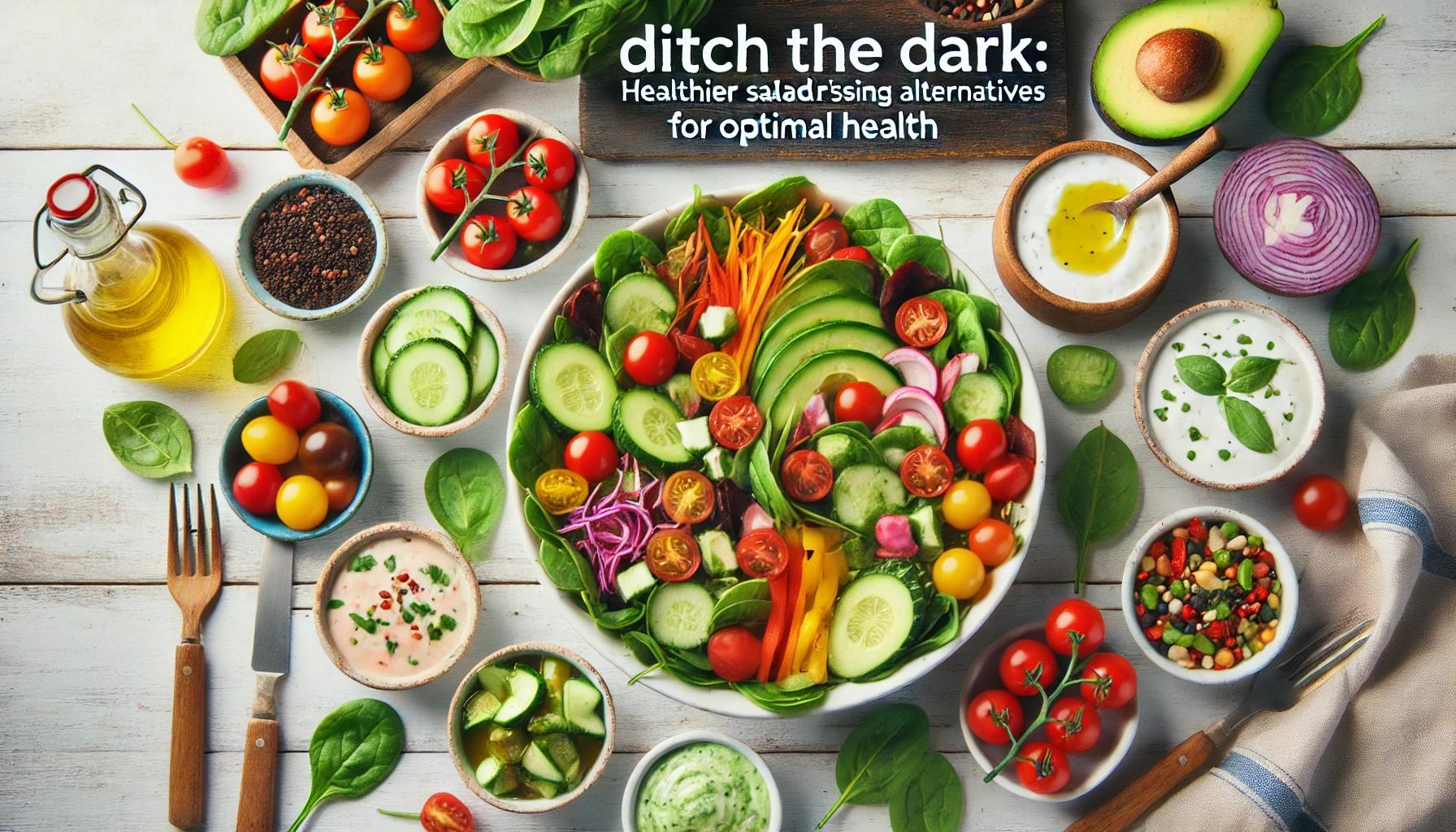You’re not alone if you’ve ever wondered why a whiff of pancakes sends you on a mission to the kitchen. The same goes for questioning why a bowl of cereal at midnight might not sit quite right. It turns out that your body has its own food clock. Eating mindfully is more than just slowing down and savoring your food. It’s about tuning into your body’s natural rhythms or circadian rhythms. These rhythms dictate everything from when you get sleepy to when you get hungry. Today, we will explore how mindful eating can help you reconnect with your body’s wisdom. We will also look into circadian rhythms. Additionally, chewing till liquefied plays an important role.
Intuitive Eating: Learning to Trust Your Gut (Literally)
Intuitive eating is all about tuning into what your body wants. Remember those childhood days when you ate when you were hungry and stopped when you were full? That’s intuitive eating in a nutshell. It’s about paying attention to your body’s signals and trusting that it knows what it needs.
Intuitive eating is also profoundly connected to your circadian rhythm, which is your body’s internal clock. This clock not only controls your sleep cycle. It also dictates when you feel hungry. It influences how well you digest food. It even determines how much energy you burn. Eating in harmony with this clock can help boost energy, improve digestion, and increase metabolism.
Timing is Everything: The Hunger Hormones and Body Clock
Why do most of us feel hungry around 8-10 AM, 11-2 PM, and 4-6 PM? It’s not just habit—it’s biology! Around these times, your body releases hormones that cue hunger:
- 8-10 AM: Your body craves breakfast because it’s getting a surge of cortisol, the “wake-up” hormone. This tells your body, “Hey, it’s time for fuel!” Eating a balanced breakfast during this window can help sustain you through the morning. It also keeps those snack attacks at bay.
- 11-2 PM: Midday hunger kicks in thanks to a second cortisol wave. This wave helps keep you energized for the rest of the day. Pack your lunch with fresh veggies, leafy greens, and whole grains. This meal can keep your mood stable and your energy stable for the afternoon.
- 4-6 PM: Dinnertime hunger kicks in, cortisol levels start to decline, and your body wants one last boost of nutrients. This is a good time for FATTY fish, seeds, and grains. These foods will keep you satiated and set you up for a restful evening.
- After 8 PM: Your body is getting ready for rest and recovery. This means cortisol drops, and melatonin, the sleep hormone, starts kicking in. Eating a heavy meal during this time can disrupt digestion and affect sleep quality.
The Power of Smell: Why Your Nose Knows Best
Ever walk past a bakery and suddenly feel hungry? That’s no accident! Smell plays a huge role in stimulating appetite and setting up your digestive system to prepare food. The aroma of food triggers your brain. It releases digestive enzymes and prepares your stomach to break down whatever is about to hit it.
Next time you smell that delightful aroma wafting from your kitchen, take a moment to breathe it in. Let your senses guide you. Savoring that smell for a few seconds can kickstart digestion, making your meal more enjoyable and digestible.
Chew, Chew, and Chew Some More: The Power of Liquidizing Your Food
Here’s the golden rule of mindful eating: chew until liquified! You read that right: chew until your food is practically a smoothie. Chewing thoroughly breaks down food, making it easier for your stomach to do its job.
Plus, chewing activates saliva with enzymes that digest food in your mouth. Think of saliva as your meal’s first stop on the digestion train. The more you chew, the more enzymes get to work, making digestion easier and nutrient absorption smoother.
Mind Your Cortisol: Stress and Eating Don’t Mix
Have you ever noticed that you inhale your food without tasting it when you’re stressed? That’s cortisol, your stress hormone, doing its thing. High cortisol levels can make you eat quickly and mindlessly, leaving you unsatisfied and craving more.
Eat mindfully, and try to keep stress in check. Take a few deep breaths before eating, put down your fork between bites, and remember—you’re not in a race! Slowing down helps reduce cortisol levels and lets your body register that it’s complete.
How to Put It All Together: The Mindful Meal Cheat Sheet

Here’s a little cheat sheet to get you started on eating mindfully and in harmony with your body’s natural rhythms:
- 8-10 AM: Have a balanced breakfast with protein, healthy fat, and FRESH fruits. Remember, breakfast fuels your whole day!
- 11-2 PM: Enjoy a wholesome lunch packed with leafy greens, whole grains, and a balance of proteins and fats.
- 4-6 PM: Dinner should be satisfying but not too heavy as your body winds down. Think greens, seeds, and some healthy fats.
- After 8 PM: If you’re craving a snack, keep it light and easy on the digestive system. Herbal tea or a handful of nuts can satisfy you without disrupting sleep.
Remember, mindful eating is a practice. It takes time to tune into your body’s natural rhythms and respect its hunger signals. Eating in harmony with your circadian rhythm can significantly affect your health and enhance your enjoyment of food! So go ahead, smell the food, chew like a pro, and eat with your body’s clock.
Medical Disclaimer for Mama Vega Enterprises: Optimal Health 360 Blog Post
The information on the Mama Vega Enterprises: Optimal Health 360 blog is for general informational purposes and is not a substitute for professional medical advice, diagnosis, or treatment. Always seek the advice of your physician or other qualified health provider with any questions you have about a medical condition.
Never disregard professional medical advice or delay seeking it because of something you have read on this blog. The opinions expressed by the authors are their own and do not necessarily show the views of Mama Vega Enterprises, its subsidiaries, or its affiliates. Mama Vega Enterprises does not endorse or assume any responsibility for the accuracy or reliability of any opinions, advice, or statements on the blog.
Call your doctor, go to the emergency department, or call 911 immediately if you have a medical emergency. Reliance on any information Mama Vega Enterprises provides: Optimal Health 360, its contributors, or other visitors to the blog is solely at your own risk.
Mama Vega Enterprises is not responsible for the content of linked third-party sites and does not make any representations about the accuracy, completeness, or other aspect of the information on such sites. The inclusion of any link does not imply endorsement by Mama Vega Enterprises.









